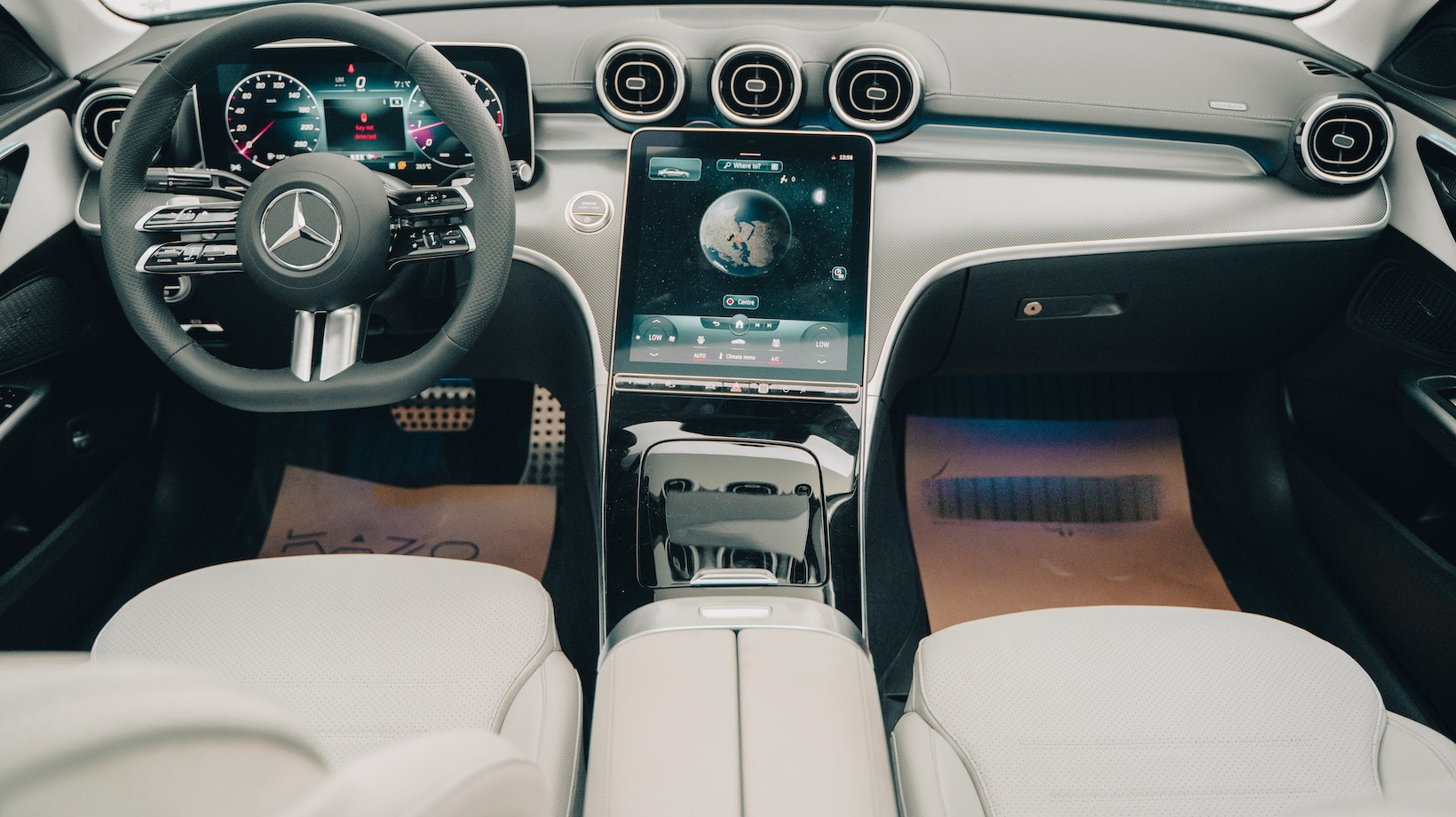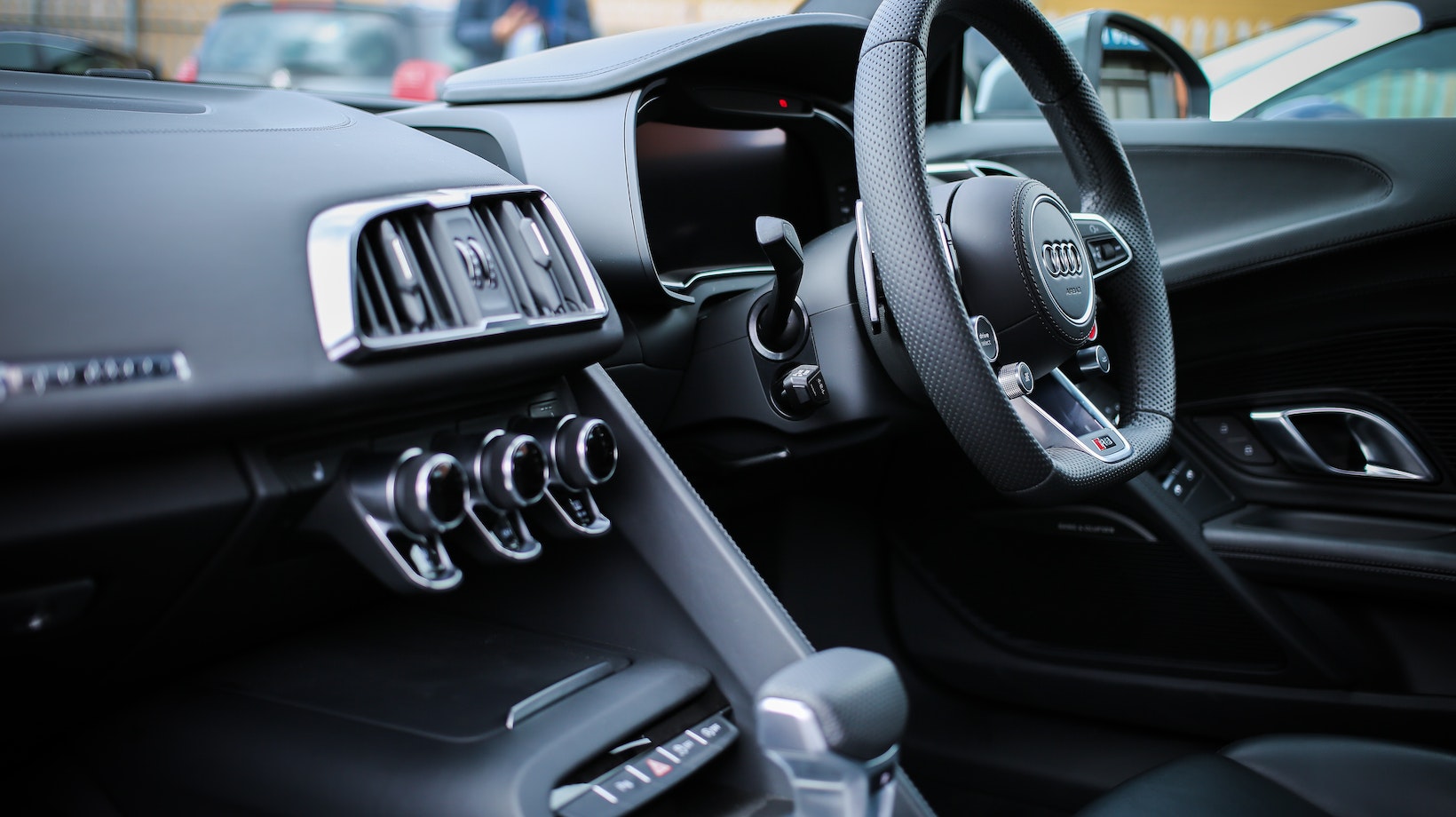
When it comes to maintaining our cars, we often focus on the exterior appearance and mechanical functioning. However, neglecting the interior can lead to a less enjoyable driving experience and decrease the overall value of our vehicles. That’s where interior car repair comes in.
Common Interior Car Repair Issues
When it comes to interior car repair, there are several common issues that car owners may encounter. From worn-out upholstery to malfunctioning electronics, these problems can affect the overall comfort and functionality of your vehicle’s interior. In this section, I’ll outline some of the most frequent interior car repair issues and offer insights on how to address them.
Worn-out Upholstery
One of the most noticeable interior car repair issues is worn-out upholstery. Over time, constant use and exposure to sunlight can cause seats, carpets, and other fabric surfaces to fade, tear, or develop unsightly stains. To tackle this problem:
- Consider professional upholstery cleaning services or DIY methods using appropriate cleaning solutions.
- If the damage is extensive, you may need to replace the affected upholstery entirely.
Cracked Dashboard
Another common issue with older vehicles is a cracked dashboard. This can not only be an eyesore but also pose safety risks if sharp edges are exposed. Here’s what you can do:
- Use dashboard protectants or conditioners regularly to prevent cracking.
- For existing cracks, consider dashboard covers or seek professional assistance for repairs.
Non-functioning Electronics
Malfunctioning electronics such as broken power windows, faulty audio systems, or malfunctioning climate control can significantly impact your driving experience. To address these issues:
- Check fuses and wiring connections before assuming major component failures.
- Consult a qualified technician if troubleshooting steps fail to resolve the problem.
Faded Interior Trim
Over time, interior trim pieces like door panels and center consoles may become faded due to UV exposure. Restoring their appearance involves:
- Using specialized cleaners and protectants designed for specific materials like plastic or woodgrain.
- In severe cases where restoration isn’t feasible, considering replacements for heavily damaged trim pieces.
Interior car repairs require attention to detail and sometimes professional expertise depending on the complexity of the issue. By identifying and addressing these common issues, you can enhance the overall aesthetics and functionality of your vehicle’s interior.

Interior Car Repair
When it comes to minor interior car repairs, there are a few simple DIY tips that can save you time and money. Whether it’s a small tear in your upholstery or a scratch on your dashboard, addressing these issues yourself can be easier than you think. Here are some helpful tips to get you started:
- Repairing Upholstery
- For small tears or burns in your upholstery, try using a fabric repair kit. These kits typically come with adhesive and color-matching materials to help seamlessly blend the repair.
- Start by cleaning the area around the tear and removing any loose threads or debris.
- Apply a small amount of adhesive to the torn edges and press them together firmly.
- Use the color-matching material provided in the kit to fill in any gaps or discoloration.
- Fixing Scratches on Dashboard
- To fix minor scratches on your dashboard, start by cleaning the surface with mild soap and water.
- Once dry, apply a small amount of automotive plastic polish onto a soft cloth.
- Gently rub the cloth over the scratched area in circular motions until the scratch becomes less visible.
- Finish off by wiping away any excess polish with a clean cloth.
- Dealing with Stains
- If you have stains on your car seats or carpeting, start by blotting up as much of the stain as possible using a clean cloth or paper towel.
- Mix together equal parts water and vinegar, then dampen another clean cloth with this solution.
- Gently blot at the stain, working from the outside towards the center, until it starts to lift.
- Rinse out your cloth frequently and continue blotting until the stain is gone.
Remember that these DIY tips are meant for minor interior car repairs only. If you’re dealing with more significant damage or complex issues, it’s best to consult a professional. Taking care of your car’s interior not only enhances its appearance but also helps maintain its value.







































